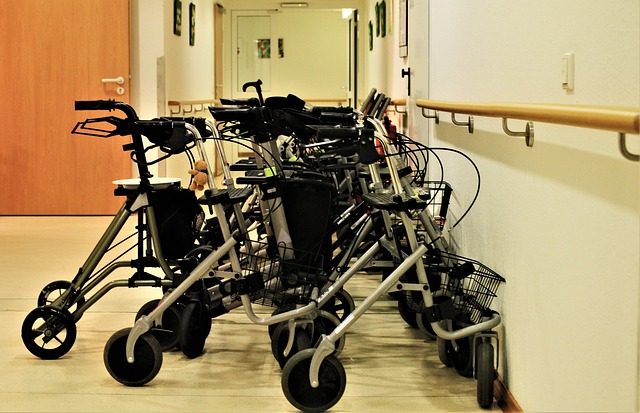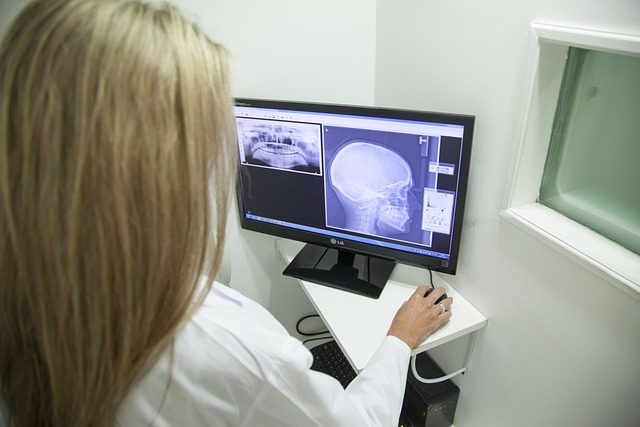Embarking on a career in nursing involves a significant educational journey, one that offers a variety of paths tailored to your professional goals and personal circumstances. From certifications that enable quick entry into the healthcare workforce, to advanced degrees that pave the way for specialized roles, nursing education is as diverse as it is rewarding.
Whether you’re considering becoming a nurse or advancing your nursing career, understanding the spectrum of nursing degree and certification options is crucial. This guide aims to provide you with comprehensive insights into the nursing profession’s educational landscape.
Table of Contents
What Are the Different Types of Nursing Degrees?
The world of nursing education is rich and varied, with several degree types designed to fit different career aspirations. At the outset, aspiring nurses can opt for a Certified Nursing Assistant (CNA) certification, which is considered an entry-level qualification allowing for immediate work in the field. Those looking for more responsibility might pursue a Licensed Practical Nurse (LPN) program, which offers a deeper level of patient care.
For those seeking to become a Registered Nurse (RN), the Associate Degree in Nursing (ADN) provides a fast track to the nursing profession. However, a Bachelor of Science in Nursing (BSN) is often preferred for its comprehensive curriculum that opens doors to leadership roles and higher salaries. Let’s not forget the Master of Science in Nursing (MSN), which is ideal for nurses aiming for advanced practice roles or specialized fields within healthcare.
Each of these degrees is a stepping stone to diverse career opportunities in healthcare, and your choice will depend on your career goals, resources, and the time you can dedicate to your education.

How Long Does It Take to Complete a Nursing Degree?
The time it takes to complete a nursing degree can vary widely, depending on the level of education and the type of program. A CNA certification might take just a few weeks, while a BSN could take up to four years of full-time study. LPN programs generally require one to two years, and an ADN typically takes two years.
If you’re looking to advance further, an MSN program can take an additional two years post-BSN. For those juggling work or family commitments, exploring online nursing degree programs can offer the flexibility needed to balance life’s demands with educational advancement.
What Are the Requirements for a Nursing Degree?
Nursing degree programs come with their own set of prerequisites. Before embarking on a CNA or LPN course, candidates may need to complete high school or obtain a GED. For an ADN or BSN program, requirements often include completion of certain high school courses, such as biology and math, and passing entrance exams.
MSN programs typically require a BSN and may also require professional nursing experience. In addition to academic prerequisites, successful nurses often possess essential skills gained through a nursing degree, like critical thinking, empathy, and attention to detail.
Is a Nursing Degree Worth the Investment?
Investing in a nursing degree can be quite rewarding, both personally and professionally. With the demand for skilled nurses on the rise, a nursing degree often leads to healthcare careers with high job security. The financial outlay for education should be weighed against the potential for salary increases, with BSN and MSN holders typically earning more than their ADN counterparts.
Moreover, the satisfaction of providing essential care and making a difference in patients’ lives is an intangible benefit that is difficult to quantify. Nursing degree costs and funding options are also important to consider, with scholarships, grants, and loans available to help offset the expenses.
What Are the Leading Nursing Certifications?
Alongside degrees, certifications play a crucial role in a nurse’s career progression. Specializations such as Critical Care, Pediatric Nursing, and Nurse Anesthesia enable RNs to focus their skills and often increase their earning potential. The Advanced nursing practice certifications, such as Nurse Practitioner or Clinical Nurse Specialist, are prestigious qualifications that designate expertise and often lead to leadership positions within healthcare settings.
Certifications not only validate your knowledge and skills but also demonstrate a commitment to the profession and a dedication to continuous learning. In considering nursing certifications for career growth, it’s important to align your choice with your career goals and interests.
How to Choose the Right Nursing Program for You?
Choosing the right nursing program is a personal decision that should take into account your career objectives, learning style, and current life situation. Assess program accreditation, faculty qualifications, clinical rotation opportunities, and pass rates for licensing exams. Furthermore, the rise of online nursing degree programs offers a flexible approach to education, allowing students to study from anywhere and often at their own pace.
Analyze the support services such as career counseling and job placement assistance, which can be invaluable after graduation. Lastly, visit campuses if possible, speak with current students and alumni, and compare nursing degree options for career advancement to ensure that you select a program that is the best fit for you.
What Career Opportunities Are Available with a Nursing Degree?
With a nursing degree, the career possibilities are as varied as the healthcare field itself. CNAs can work in nursing homes or hospitals providing basic care, while LPNs often work under the supervision of RNs and doctors, providing more comprehensive care. RNs, especially those with a BSN or higher, have a broader scope of practice and can pursue roles in management, education, or specialized areas of healthcare.
Advanced practice nurses, such as Nurse Practitioners or Clinical Nurse Specialists, can serve as primary care providers and play a pivotal role in healthcare delivery. With nursing certifications for career growth, opportunities for advancement continue to expand in both clinical and non-clinical settings.
Further Inquiries on Nursing Degrees and Certifications
Which Certificate Is Best for Nursing?
The “best” certificate in nursing is subjective and depends on your specific career goals. For entry-level positions, a CNA certificate can be a quick way to enter the field. If you aim to provide more in-depth patient care, an LPN might be more appropriate. For those desiring advanced practice roles, certifications such as the Family Nurse Practitioner (FNP) or Certified Registered Nurse Anesthetist (CRNA) are highly regarded.
Ultimately, the best certificate will match your career aspirations, offer opportunities for advancement, and meet the healthcare needs of the community you wish to serve.
What Is the Most Basic Nursing Certification?
The most basic nursing certification is the CNA certification. This qualifies individuals to provide basic patient care, such as bathing and feeding patients, under the supervision of an RN or LPN. The CNA certification is a good starting point for those looking to enter the nursing field with minimal time commitment.
What Is the Hardest Nursing Certification to Get?
Certifications such as the CRNA or the Acute Care Nurse Practitioner (ACNP) are often considered among the more challenging to obtain due to stringent educational requirements, extensive clinical experience prerequisites, and rigorous certification exams. These certifications require a high level of dedication and expertise.
What Is the Fastest RN Certification Program?
The fastest path to becoming an RN is typically through an ADN program, which can be completed in as little as two years. Some accelerated programs exist for individuals with prior non-nursing bachelor’s degrees, potentially allowing for quicker completion.
This Nursing Degree & Certification Guide serves as a helpful resource as you navigate the world of nursing education and professional development. Remember, the path you choose should align with your personal and professional goals, shaping a fulfilling career in this dynamic and essential field.









